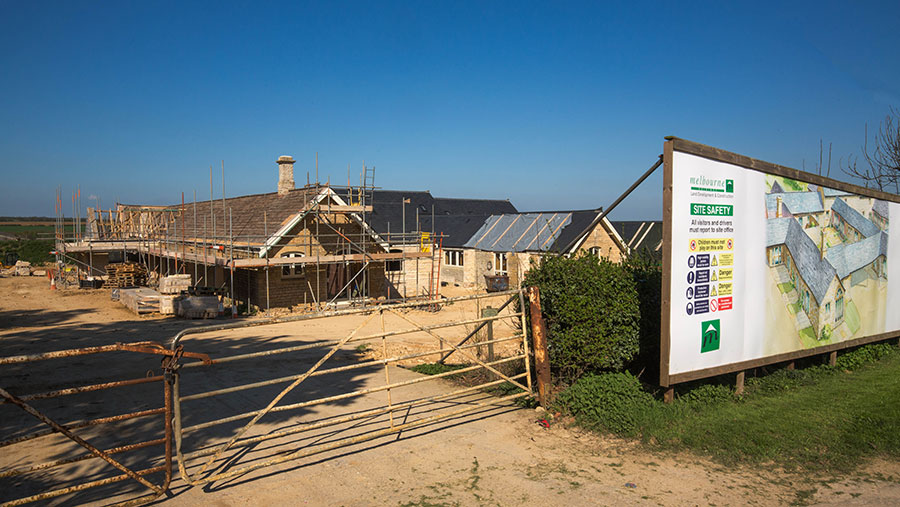Coronavirus: Planning and development process faces delays
 © Tim Scrivener
© Tim Scrivener Planning applications and the development process face delays due to the coronavirus pandemic, but the effect will be temporary, say experts.
Local authority planning committees, which meet to determine applications that need prior approval, have already been cancelled in many areas, so getting larger or more complicated applications through could be tricky.
Decisions made at a planning officer level are also seeing delays while people set up to work from home or self-isolate.
See also: Uncertain land market dealt another blow by coronavirus
Once they receive planning permission, certain developments must be started and completed in a set time period in order to be valid, which could prove difficult considering the current uncertainty about workers and resources.
However, advisers say there is no reason for people to put off making new applications.
Extensions needed
Brian Barrow, of planning consultancy Acorus Rural Property Services, said some people are holding back on tourism-related applications, while agricultural production-related applications may increase if restrictions affect the food chain.
“A number of agricultural-related applications take an absolute 28 days for agricultural buildings and 56 days for Class Q and R for decisions to be made,” Mr Barrow said.
“These might be difficult to review in time, especially if movement is restricted.”
Don’t be discouraged
Ian Smith, head of planning at Cheffins, said there is no reason to be discouraged from making new applications, but applicants will have to be patient as councils have fewer staff and resources.
Meetings and site visits are being cancelled, but local authorities are also rapidly introducing new working practices in order to maintain workloads, such as virtual meetings, he said.
“It is understood many councils are reconsidering their decision-making structures, and we may see a greater level of delegated decision-making soon,” said Mr Smith.
“While the situation around us is changing on a daily basis, all parties seem to be working to do as much as is possible in the circumstances.”
Questions pending
Stephen Locke, director of rural consultant Stephen Locke Associates, said planning leaders will be looking at how best to keep the construction and development sector going.
“They also need to ensure that once the crisis is over, we deal with any backlog of work and pending permissions,” he said. “Many of the issues and questions have yet to be answered.”
The Royal Town Planning Institute is currently assessing the situation, Mr Locke said, with a number of questions arising, including:
- Will it be possible to hold inquiries, hearings and examinations by digital means rather than postponing them?
- Is there an argument for increased delegated powers, given that many planning committee meetings are being postponed?
- How will plans and documents be scanned/loaded onto systems to enable case officers to consider them?
- How will neighbour letters be sent out? Who should put them up? Who will see them?
- Should there be further legislation about mobile masts to improve the quality of digital communications as more people work from home?
- How will elderly people who are self-isolating be given access to local plan consultations?
- Should standard three-year limits for reserved matters be extended?
